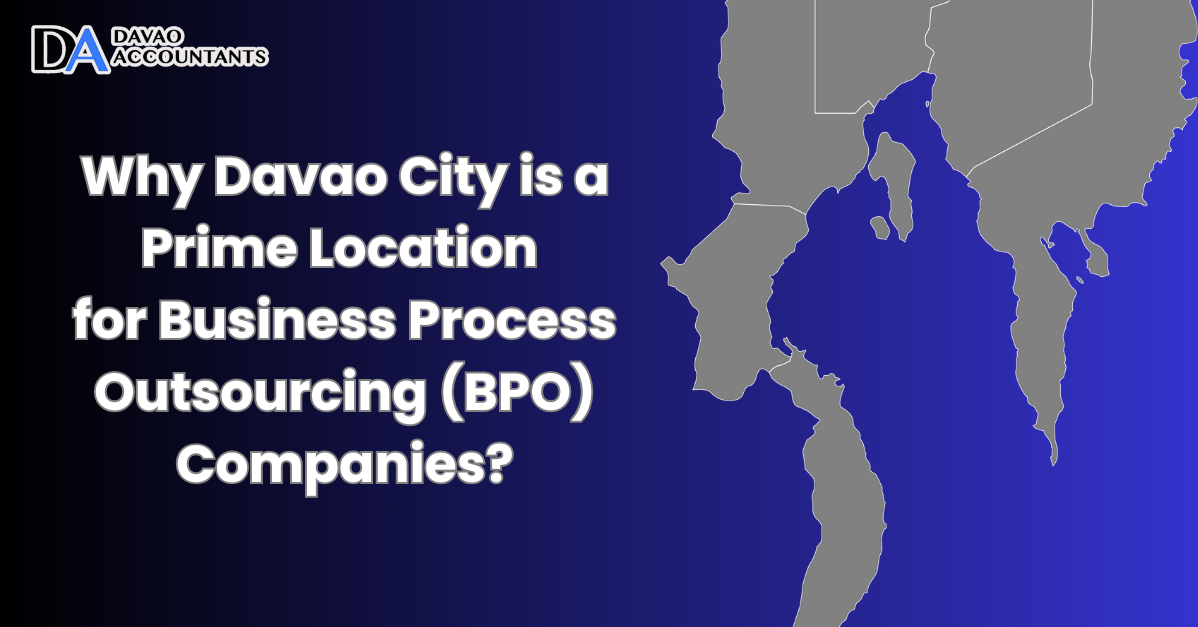Establishing a branch office for Business Process Outsourcing (BPO) or Knowledge Process Outsourcing (KPO) in the Philippines can provide significant benefits for foreign corporations.
The country boasts a skilled workforce and high English proficiency, making it an attractive destination for outsourcing.
Additionally, the business environment is favorable, which further enhances its appeal.
This guide outlines the key steps for registering a branch office.
It covers essential topics such as taxation, required capitalization, and available incentives specifically for BPO and KPO operations.
With this information, foreign corporations can make informed decisions and effectively navigate the establishment process.
Table of Contents
ToggleUnderstanding the Philippine Branch Office
A branch office operates as an extension of a foreign corporation, engaging in activities similar to its parent company and generating income within the Philippines.
Unlike a subsidiary, it does not possess a separate legal identity from its parent company.
Taxation Framework
Branch offices in the Philippines are subject to the following taxes:
• Income Tax: 30% on taxable net income.
• Value Added Tax (VAT):
• 0% on export sales.
• 12% on local sales.
• Branch Profit Remittance Tax: 15% on profits remitted to the parent company.
Additionally, branch offices must comply with withholding taxes on income payments and compensation, and are subject to a 12% VAT on purchases from VAT-registered suppliers.
Capitalization Requirements
For BPO (Business Process Outsourcing) and KPO (Knowledge Process Outsourcing) operations, the focus is often on export-oriented services. This means that at least 60% of the services provided are for clients based outside the country.
To start such an operation, a specific level of capitalization is necessary. This capitalization is determined based on various operational needs, ensuring that the business can support its activities effectively.
The Securities and Exchange Commission (SEC) plays a crucial role in this process. They require businesses to submit an initial inward remittance to finance their operations.
This remittance must be documented through a Certificate of Inward Remittance. Additionally, a Certificate of Bank Deposit is needed to verify the funds.
By following these guidelines, businesses can establish a solid financial foundation for their BPO or KPO operations.
Appointment of a Resident Agent
Foreign corporations must appoint a Resident Agent in the Philippines. This agent accepts legal summons and processes on behalf of the branch. The agent can be a resident individual or a domestic corporation.
Having a designated Resident Agent is essential for compliance with local laws. This agent ensures that the corporation receives important legal documents promptly. It helps the corporation respond to legal matters efficiently.
The Resident Agent must have a physical address in the Philippines. This address is where legal notices and processes are delivered. Corporations should choose a reliable and trustworthy agent to fulfill this role.
Overall, appointing a qualified Resident Agent protects the interests of the foreign corporation and helps maintain good standing in the country.
Registration Process
1. Name Verification: Ensure the proposed branch name is unique by verifying with the SEC.
2. Document Preparation:
• SEC Application Form No. F-103.
• Certified copy of the Board Resolution authorizing the branch establishment and appointing the Resident Agent.
• Authenticated copies of the parent company’s Articles of Incorporation and By-Laws.
• Latest audited financial statements of the parent company.
• Proof of inward remittance and bank deposit.
• Resident Agent’s acceptance of appointment.
3. Submission and Approval: File the documents with the SEC and pay the necessary fees. Upon approval, the SEC will issue a License to Do Business in the Philippines.
Post-Registration Requirements
• Local Business Permits: Obtain permits from the local government unit where the branch is located.
• Tax Registration: Register with the Bureau of Internal Revenue (BIR) to secure a Tax Identification Number (TIN) and comply with tax obligations.
• Social Security Registrations: Enroll with agencies such as the Social Security System (SSS), Philippine Health Insurance Corporation (PhilHealth), and Home Development Mutual Fund (Pag-IBIG) for employee benefits.
Incentives for BPO/KPO Operations
Branch offices located in Philippine Economic Zone Authority (PEZA)-accredited IT Parks or Zones may qualify for incentives, including:
• Income Tax Holiday (ITH): 4 to 6 years of exemption from income tax, extendable up to 8 years.
• Special 5% Gross Income Tax: After the ITH period, a 5% tax on gross income, in lieu of all national and local taxes.
• Additional Benefits: Duty-free importation of capital equipment, simplified import-export procedures, and other non-fiscal incentives.
To avail of these incentives, registration with PEZA is required, which can be processed concurrently with SEC registration.
Conclusion
Establishing a BPO or KPO branch office in the Philippines involves a series of well-defined steps, from SEC registration to securing local permits and availing of fiscal incentives.
Engaging with local professionals or consulting firms can facilitate a smooth setup process, ensuring compliance with all regulatory requirements and maximizing the benefits available to foreign investors.
Note: This guide is based on information available as of February 2025. For the most current regulations and procedures, consult the relevant Philippine government agencies or professional advisors.









